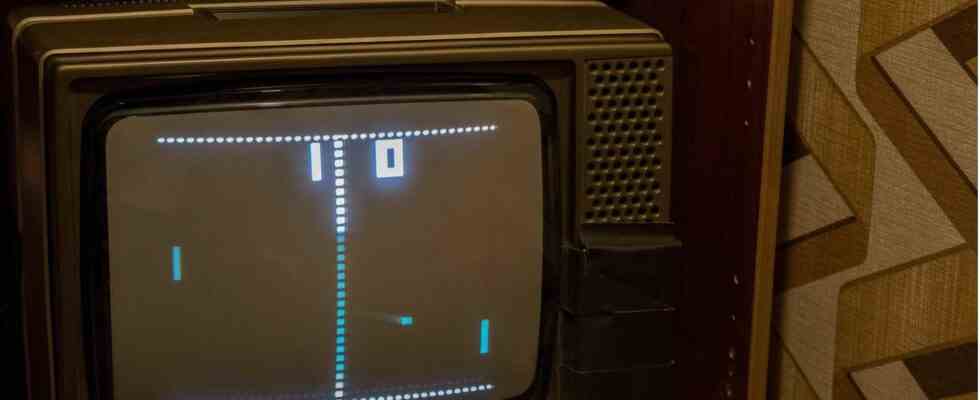Australia
Researchers grow brain cells in the laboratory that can play the classic computer game “Pong”.
The “mini brains” were connected to the game “Pong” (symbol photo)
© Michael Eichhammer / Imago Images
An Australian research team is said to have succeeded in making “mini-brains” grown in the laboratory capable of playing the classic game “Pong” from the 1970s.
A research team from Australia is said to have succeeded in growing brain cells in the laboratory that are able to learn to play the computer game “Pong” within a short time. dr Brett Kagan from the biotech startup Cortical Labs published an article in the journal Neuron in which he explains the exact background of his research.
Kagan describes that the cultured miniature brains “are able to take in information from an external source, process it and then react to it in real time.”
Game principle was “understood” in a short time
The research team had combined human brain cells from stem cells and brain cells from mouse embryo brains and grown 800,000 neurons from them. These were connected to electrodes and hooked up to the game of “Pong”. The so-called “mini brains” were able to understand the gameplay of the classic computer game within a few minutes. It was recognized exactly where the ball is and how far away it is from the racket. The neurons even developed a certain dexterity over time and used less and less energy to steer the bat to the right cell. The startup also released a videoin which one should be able to see how such a brain plays the classic game from the 70s.
The “mini brains” should continue to develop
“We have to see this new technology in a very similar way to the emerging computer industry,” says Dr. Kagan. He assumes that brains will eventually become more and more complex. Roughly the same as with computer technologies However, it is important to ensure that the small thought systems do not eventually become minds with their own consciousness, which would raise ethical questions.
Next, the research team wants to find out how the “mini brains” react under the influence of alcohol – and whether they are then also able to play “pong”.


